Every week in the climate, science, social justice, and environmental spaces is as diverse as Uproot’s membership. Field Notes, our week-in-the-life blog posts, are snapshots of the varied experiences that make our community so vibrant.
Field Correspondent
Name: Kang-Chun Cheng
Pronouns: she/her
Location: Nairobi, Kenya (most of the time!)
Job description: independent photojournalist covering climate change, cultural continuity, and outdoor adventure
Years of experience: 3
Social media handles: Instagram: takeme.north
One word to describe your week: unpredictable
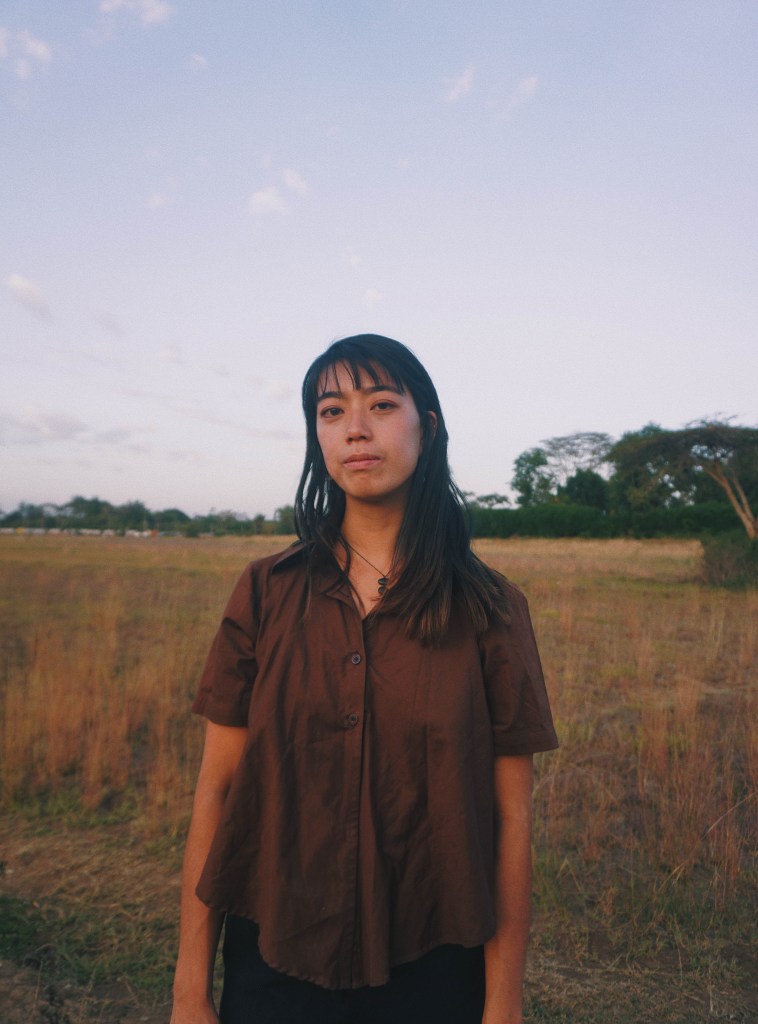
A Week in the Life
I don’t really have “normal” weeks, although a typical week including both time at home and out in the field might look something like this: Wake up, moka pot coffee in my lovely shared apartment, get straight to work checking emails. I usually have 6-8 stories in the works at different stages — researching for a pitch/pre-reporting, time out in the field, consolidating notes/writing and editing, and finalizing for publication — captioning, lingering verifications, etc.
Monday:
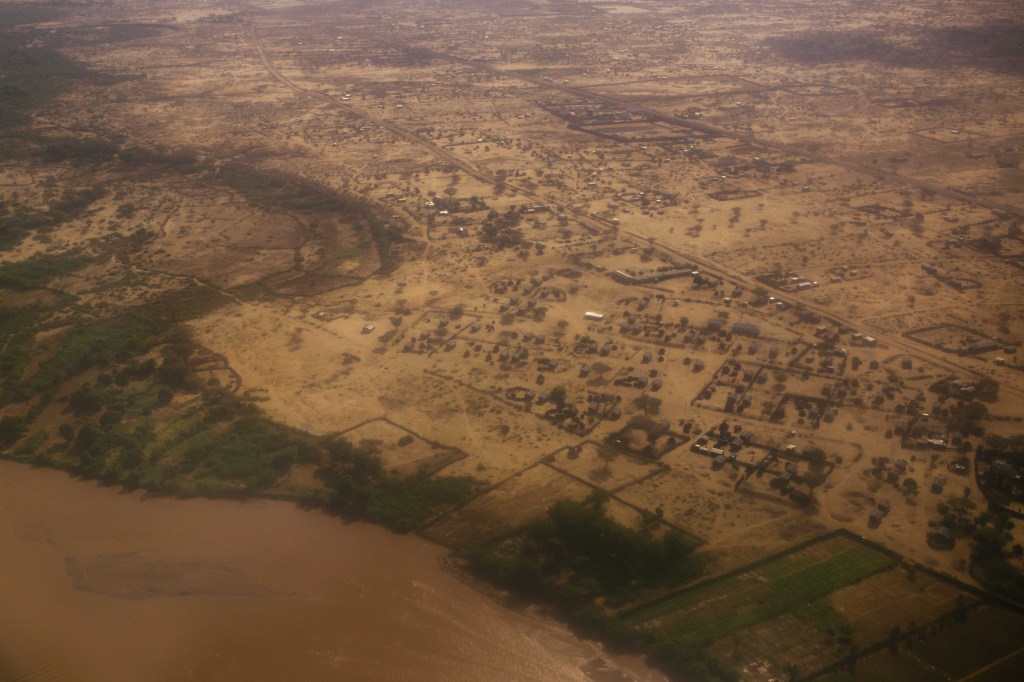
I try to do my deep work — meaning writing — in the morning through the afternoon but also work on it in the evenings depending on scheduling (contrary to assumptions that freelance means operating on your own schedule — rather, you’re at the mercy of different editors and publication deadlines).
Around 1-2 p.m. I usually have lunches of leftovers or something quick, like eggs and toast, then work a bit more before heading out to run errands, meet or call up sources, go to the climbing gym, or go on a run. Depending on whether there’s anything urgent that requires my attention (e.g., editors who want something last minute, although the story has been with them for weeks or even months), I’ll have to get on my computer in between. I try to spend most evenings with friends and then try to do some reading — either long-form stories or novels — before going to bed.
Tuesday:
This week, I’ll be going on a reporting trip in Turkana County, in northern Kenya. It’s about the complex causes of insecurity in the region, a combination of resource scarcity, political manipulation, and longstanding disputes between ethnic groups. I’ve been in Turkana — home to the world’s biggest desert lake — but not to this specific location before. I’ve been in touch with my driver and fixer, Lawrence, for some months leading up to the trip, fleshing out locations and sources over the past three weeks. He came at the recommendation of another journalist, and I’m really excited to work with him! It’s the rainy season, which means the bush won’t be as bloody hot as it was last time (average 40C+, which is no joke in places without AC or electricity sometimes at night).
I get on a domestic flight from Nairobi to Lodwar, Turkana’s main city. Lawrence picks me up, we head to the Catholic mission where I’m spending the night, and we eat a dinner of fish together. I also get to meet Godfrey, who grew up in the village at the heart of my insecurity story.

Wednesday:
I wake up before 6 a.m. to hit the road to Lokichar, one of the main locations where oil development has been speculated for the past decade. It’s not the site of my insecurity story (which is further south), but it’s incredibly expensive to be up in Turkana (the fuel, car, and expenses for myself, Lawrence, and Godfrey come to at least $180/ day — no small fee for a freelancer). We meet Samal, a community monitor for the community-based organization (CBO) Friends of Lake Turkana, which aims to sensitize locals on developments. Since the government of Kenya often fails to communicate issues that directly impact residents, it’s up to such organizations to fill in the gaps.
We visit two villages so I can interview residents impacted by oil speculation and pilot sites from 2016. Lokichar is becoming relevant again since Tullow, the main oil company, announced a few months ago that they are proceeding with oil drilling. What I want to know is how residents feel about this.
We stay at a local guest house, which is really basic but good for our needs. These places never have internet, but I hotspot myself to try to get some bits and pieces of different stories done. If I have the bandwidth, I also try to back up photos from the day and type down notes/check to see how my reporting is going. What are things I should look out for during my days out here?
It’s nice getting meals with whoever I’m working with as we unwind from long days out in the field. Sometimes, it’s also an avenue for me to pick up a bit more on local perceptions and attitudes that might serve as good background for my stories.
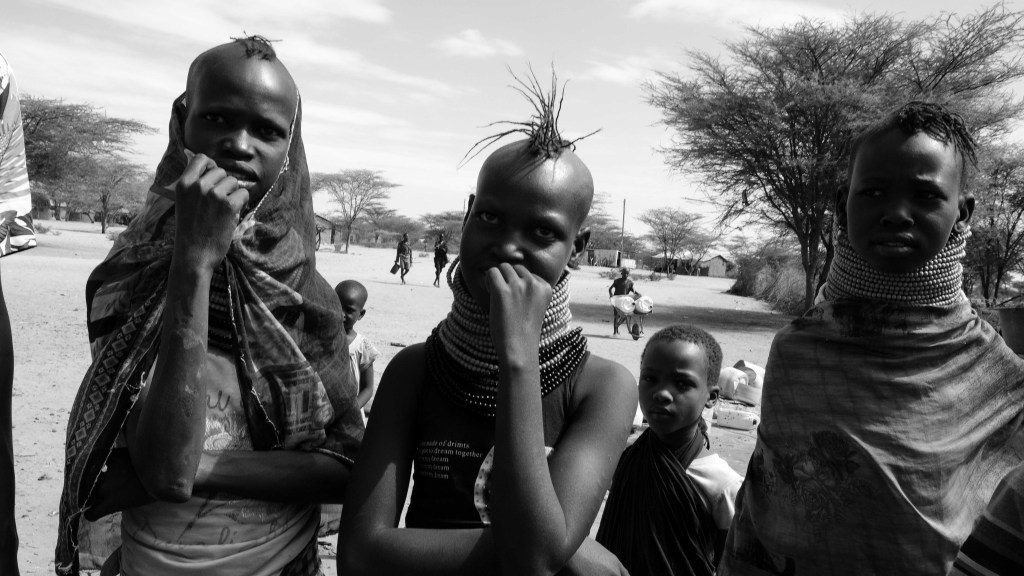
Thursday:
I visit another site in Lokichar, and try to get access into one of the oil pilot sites. We’re unsuccessful, but I do get the contacts of communication officers at the very least (one of them turns out to be quite helpful, when I call him later in the week). I attend a “baraza,” a community meeting of nearly 50 men in Lokichar held beneath the shade of a wizened acacia tree, where they discuss what they need as a community and how they are to interact with Tullow, this time around. There is not a single woman around (I’m told that it’s a “tradition” thing), and make a mental note to weave this into the story somehow, to convey these very prevalent dynamics that persist amongst remote communities.
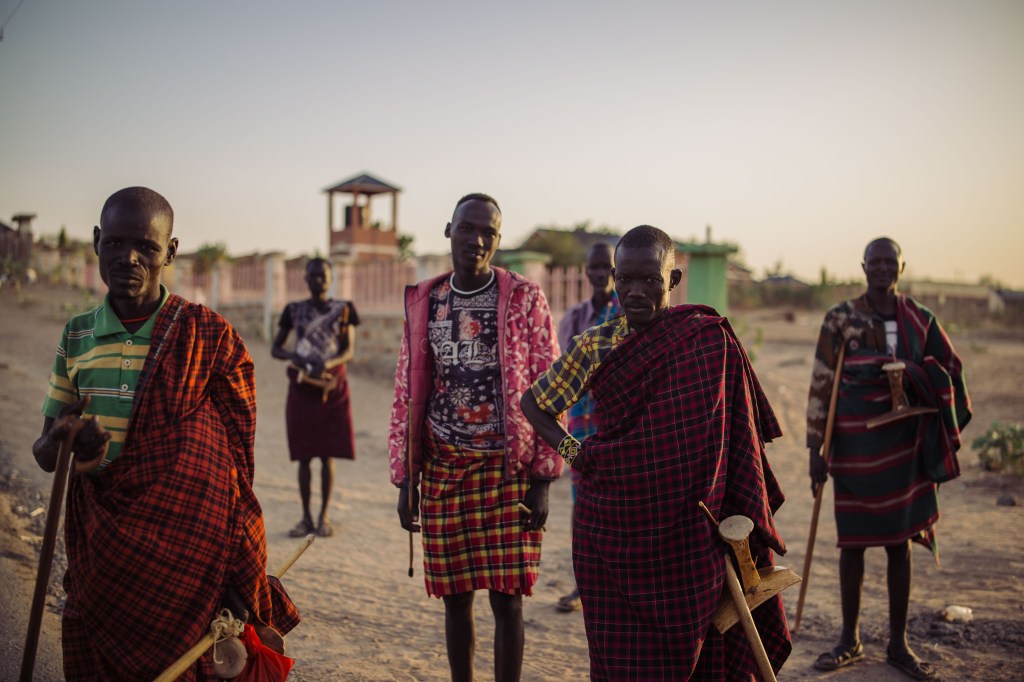
Friday:
We’ve decided not to go to Kapedo, due to how we’re told that security on the road driving there remains iffy (it will take 10 hours one way on rough roads!). A bit unfortunate, but particularly as a freelancer, these risks aren’t worth it — Kenyan police and military vehicles are occasionally attacked on these roads. Godfrey and I do a call with his aunt in Kapedo to make up for not visiting. I feel disappointed about this, as does Lawrence, but we hope to make the trip again in the future, coming in from the south (as opposed to north), which should be safer. Nevertheless, the reporting in Lokichar has been fruitful, and I think we got bang for our buck from our time there. We go back to Lodwar in preparation for my flight back to Nairobi.
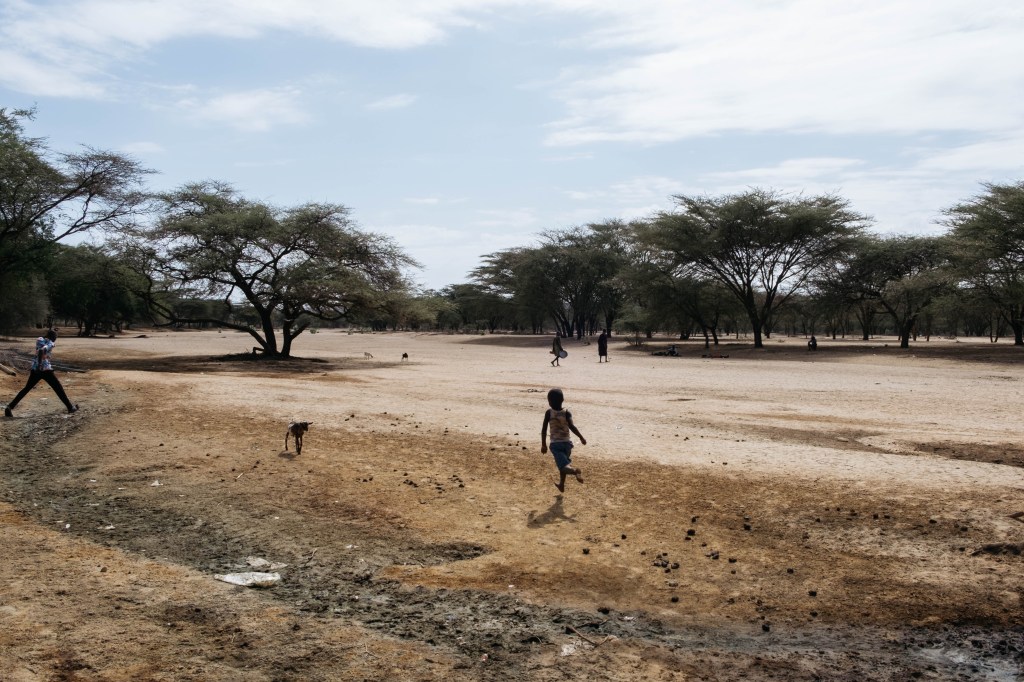
Saturday and Sunday:
Back in my apartment! I go through the normal rigamarole of backing up photos, doing laundry, doing some organizing, and cleaning. I had one commissioned story from this trip and now one I’d have great juicy bits to pitch with. In between filing that story and editing the photos for that story, I can pull together a pitch that I’ll review and send out over the next couple of days. I unwind by meeting up with friends over the week — for a hang in the park, dinner and drinks, and rock climbing outdoors on Sunday. Next week will be a continuation of work from Turkana, as well as looking into the next stories I’ll be working on.
From the Wild:
What do you never leave home without?
water bottle, airpods, fanny pack
What’s your current beverage of choice?
sparkling water forever
What is one thing you always do when visiting somewhere new?
Walk around to explore the place on foot!
Interested in writing for Uproot’s Field Notes blog? Send us an email at info@uprootproject.org!


